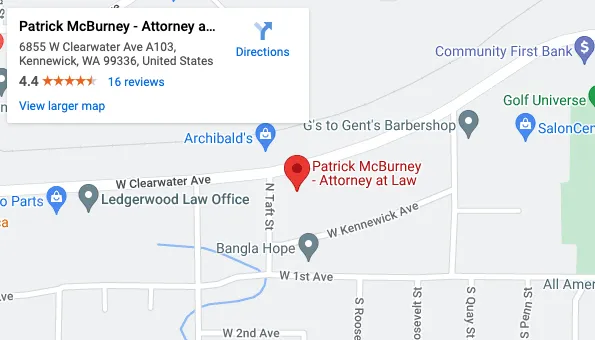Discharging Student Loans with Bankruptcy
You’ve read the news! If you are swamped with student loans, there’s bankruptcy relief in place already! Continue reading to find out if this is applicable to you.
Everything You Need to Know, an Adams County Bankruptcy Attorney Can Answer
Student loan discharge has always been a challenging bankruptcy obstacle. The Department of Justice vehemently opposed any legal actions that sought to discharge these kinds of obligations.
However, President Biden announced a significant shift in how student loans will be handled on November 17, 2022. The objective is to improve the process’ fairness and consistency. Now, each case will be assessed by the Department of Justice’s lawyers in light of a set of criteria to see if a full or partial discharge is feasible. The bankruptcy judge will continue to have the final say.
Thanks to this recent statement, we are thrilled to be able to assist students like you in escaping their crippling student loan debt. We shall respond to the following pertinent queries in this article:
- What conditions must be met before receiving student loan forgiveness?
- What steps are involved in debt discharge?
- What should I know about paying off school loans after declaring bankruptcy?
- Will it be helpful to seek the legal advice of a student loan attorney in Washington?
Our bankruptcy attorney in Adams County is here to assist if you want to eliminate your student loan debt. To learn more, contact our law office right away!
What conditions must be met before receiving student loan forgiveness?
The Justice Department offered a new procedure for cases involving the discharge of student loan debt. The following factors will be taken into account by the departments of education and justice before recommending discharge:
- Currently Capable of Repaying Student Loans. The Justice Department attorney will compute your expenses and compare them to your income using current criteria created by the IRS and the data you give. The Department will conclude that the debtor cannot pay if the expenses are equivalent to or greater than their income.
- Future Debt Repayment Capacity. The Department will then determine whether your debtor status will remain unchanged going forward. If specific circumstances exist, the Department attorney will assume that your financial situation is unlikely to change. These elements consist of
-
- age of retirement,
- either a chronic illness or injury,
- a long history of unemployment
- lack of education, or
- longer repayment period.
- Genuine Efforts. The Department will put an emphasis on objective standards that show your reasonable attempts to manage to spend, earn income, and repay the loan when establishing what courts refer to as the “good faith” criterion. The Department attorney will consider whether the borrower contacted the Department of Education or their loan servicer to inquire about loan payment choices.
What steps are involved in debt discharge?
In conclusion, the following occurs once you turn in the necessary documentation:
- The Justice Department examines the material provided with assistance from the Department of Education.
- They will consider the elements pertinent to your inquiry about unjustified hardship.
- Based on that evaluation, they will decide whether to advise the bankruptcy judge to discharge your obligations.
Note that Justice Department lawyers will make only suggestions. In the end, the bankruptcy court makes the decision about the dischargeability of your debts. Nevertheless, this rule makes the method for analyzing student debt clearer and more equitable.
What should I know about paying off school loans after declaring bankruptcy?
- This advice covers only federal student loans.
- To erase your debt, you must still declare bankruptcy.
- You must bring a lawsuit in bankruptcy against the Education Department.
- With your request, you must submit a borrower-attestation form.
- Before proposing that your obligations be discharged, the Justice Department attorneys will consider certain factors.
Will it Be Helpful to Seek the Legal Advice of a Student Loan Attorney in Washington?
It’s understandable if you’re reluctant to retain legal counsel if you find yourself heavily indebted from student loans. After all, it adds another expenditure to your already hefty financial commitments.
However, the expenses of forgoing legal representation may outweigh the savings from avoiding attorney fees. You will still be responsible for paying off your student loans if your petition is unsuccessful. Keep that from happening to you.
If you reside in Washington, our bankruptcy lawyer in Adams County at McBurney Law can assist you in starting over and finding relief from your student debts.
If you’re ready to start securing your financial future, contact our Kennewick law office immediately!


